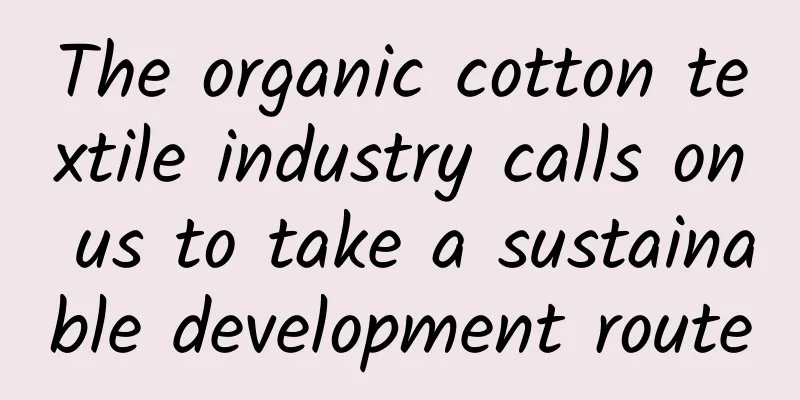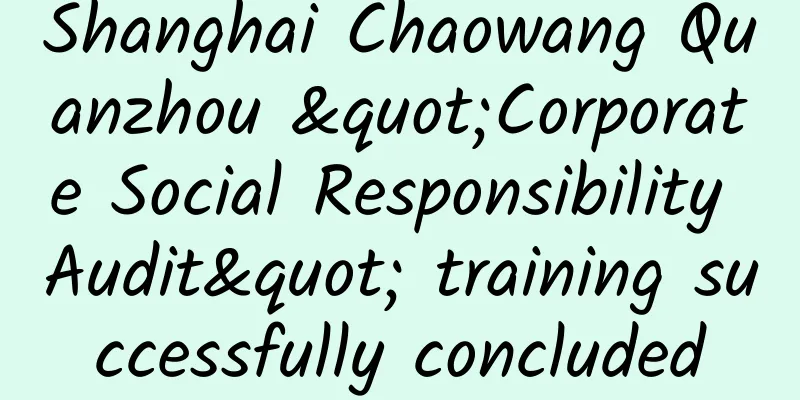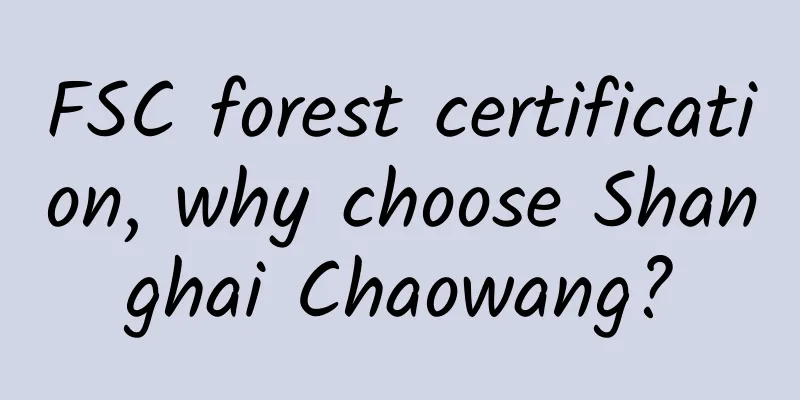The organic cotton textile industry calls on us to take a sustainable development route

| Organic cotton textile industry calls for sustainable development Eco-friendly materials are playing an increasingly prominent role in the textile and apparel industry, among which organic cotton is the most concerned. Eco-friendly materials are playing an increasingly prominent role in the textile and apparel industry, among which organic cotton is the most concerned. Organic cotton produced by organic cultivation technology has attracted the attention of the textile industry since its birth because it does not use pesticides, fertilizers and other chemical products that may cause environmental pollution in the production process. However, the popularization of organic cotton also faces many problems, such as high production costs, limited use of chemical reagents in the processing process, how to prevent the phenomenon of mixed fish eyes, tracking of organic cotton products, and establishment of a certification system. Japan has a long history of using organic cotton and has formed a production chain from raw material procurement to textile and finished product processing. After the formal establishment of the Japan Organic Cotton Distribution Agency (Nippon Organic Cotton, referred to as NOC) as a non-profit organization in 1993, it has always adhered to the "organic principle", carried out the promotion of pure organic cotton, and formulated the "NOC Ecological Processing Standards". In addition, NOC has also carried out a lot of work related to ecological and environmental protection, such as calling on companies to comply with the safety standards of organic cotton products, helping people with skin allergies, and helping organic cotton-growing areas to get rid of poverty. At the same time, NOC has also developed a pure organic cotton certification system, clearly marking "100% organic cotton" and "no chemical treatment" on the label to strengthen the penetration of ecological and environmental awareness among consumers. At present, the core members of NOC include six companies such as Hunai Towel, Hinode Wool Textile, and Maeda Gen. The predecessor of the Japan Organic Cotton Association, which is composed of companies such as Abanti and Taisho Textile, was the Japan Texas Organic Cotton Association established in 1993 and reorganized into a non-profit organization in 2000. The organization brings together major companies engaged in the production and sales of organic cotton products in Japan, and has been introducing standards for the use of organic cotton products since the beginning of this century. At present, the organic cotton product standards of the Japan Organic Cotton Association are divided into three categories: one is pure organic cotton products that do not use any chemical reagents; the second is products that use pure organic cotton as raw materials and are dyed and printed within the permitted range; the third is products that have more than 60% organic cotton in the raw materials and can meet certain environmental protection requirements. Only organic cotton products that meet these three standards can enter the market. When talking about organic cotton production in Japan, we have to mention Taisho Textile Co., Ltd. The company has been producing organic cotton products since 1993 and can be regarded as a pioneer in organic cotton production in Japan. In 2007, Taisho Textile imported about 700 tons of organic cotton, accounting for about 70% of Japan's total imports, and plans to reach 1,000 tons in 2008. The import origin of organic cotton has also expanded from the United States to India, Uganda and other countries. In addition, Taisho Textile Co., Ltd. has also expanded the production and processing business of natural textile raw materials such as silk, linen, and wool, and strengthened the research and development of natural dyes. So far, the organic cotton certification work in Japan has been mainly formulated by the Organic Cotton Association, which has carried out relevant certification. Although this standard is not an international standard, it is a "feasible standard that takes into account the affordability of small and medium-sized enterprises" and has a great influence on the Japanese textile industry. In addition, the Japanese Organic Cotton Distribution Agency has also formulated standards for the manufacture of organic cotton products. It can be said that Japan already has relevant institutions and standards to certify organic cotton. However, the problem is that since the above standards are all formulated and implemented by private institutions and do not have legal force, companies can choose between controlling costs and implementing standards, which creates a gap between ideals and reality. In order to promote the advantages of organic cotton, it is necessary to form a supply chain management system from planting, production to processing and circulation, and conduct quality inspection and certification at different links. However, if the certification costs and the impact of imported products are taken into account, the implementation of organic cotton certification standards can be said to be difficult. It is certain that organic cotton textiles, as representatives of sustainable textile materials, also need sustainable development, and this development is based on the cooperation between enterprises and institutions at all links of the industrial chain. |
<<: BSC factory inspection regulations on working hours
>>: The difference between OCS certification and GOTS certification!
Recommend
How is the Auction platform? How to join Auction?
How about the Auction platform? Auction was found...
What is a Request for Proposal (RFP)? What are the requirements for writing an RFP?
What is a Request for Proposal (RFP)? A request f...
What is MercadoLibre? What are MercadoLibre's fees? What are MercadoLibre's shipping rates?
What is MercadoLibre? MercadoLibre was founded in...
AVE Factory Inspection ID Card Inspection Guidelines - AVE Certification
AVE Factory Inspection ID Card Inspection Guidelin...
What is Worktile? What are the benefits of Worktile products?
What is Worktile? Enhance the core competitivenes...
What is the difference between Shopee’s no-source and Amazon’s no-source? Which one should a novice choose?
I think everyone should be familiar with Taobao&#...
eBay removes bad transaction records
eBay will automatically remove bad transaction re...
[eBay Newbies] What should I do if an eBay buyer fails to pay for the product after purchasing it?
What to do if the eBay buyer fails to pay after b...
LuckYorange — Online website real-time analysis
LuckYorange is an online website real-time analys...
Mattel Factory Inspection Consultation Process
Zero Tolerance •Child Labor (<16 year old) •Fo...
Welcome the New Year, Happy New Year's Day
Dear Customers, Hello! Thank you for your continu...
JOOR--"Clothing" + "Retail" B2B
What is JOOR? Founded in 2010, JOOR is a B2B e-co...
What is Campaign Monitor? What are the features of Campaign Monitor?
Campaign Monitor is a global technology company t...
The basics of the latest NORDSTROM review
Nordstrom audit basics Starting from November 200...
Google's overseas expansion plan joins hands with CCEE to launch a big move
The wave of cross-border e-commerce going global ...









